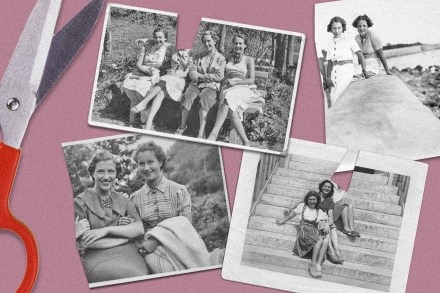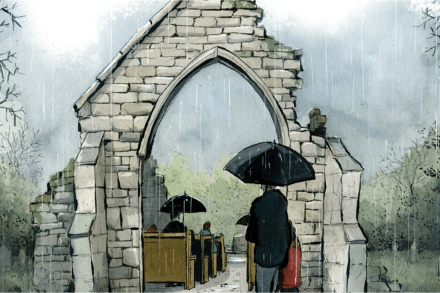Could I find a girlfriend on a Guardian Blind Date?
Free grub, free booze and the chance to fall in love. That’s the deal offered by Blind Date, a matchmaking strand in the Guardian that brings together lonely hearts and asks them to spill the beans. When I applied for this enticing freebie I had no expectation of being chosen, but my email was answered within hours. Amazing. Randy singletons are in short supply among Guardian readers. I was asked to describe my ‘interests’, which are rather limited. I tend to avoid travel, sport, art, museums, cars, planes, movies, pubs, music, parties, dancing, eating out or holidays. I’m never invited to dinner by anyone or ‘for the weekend’, thank God.




















